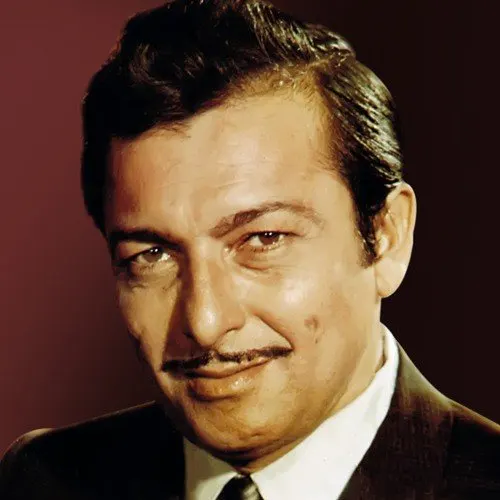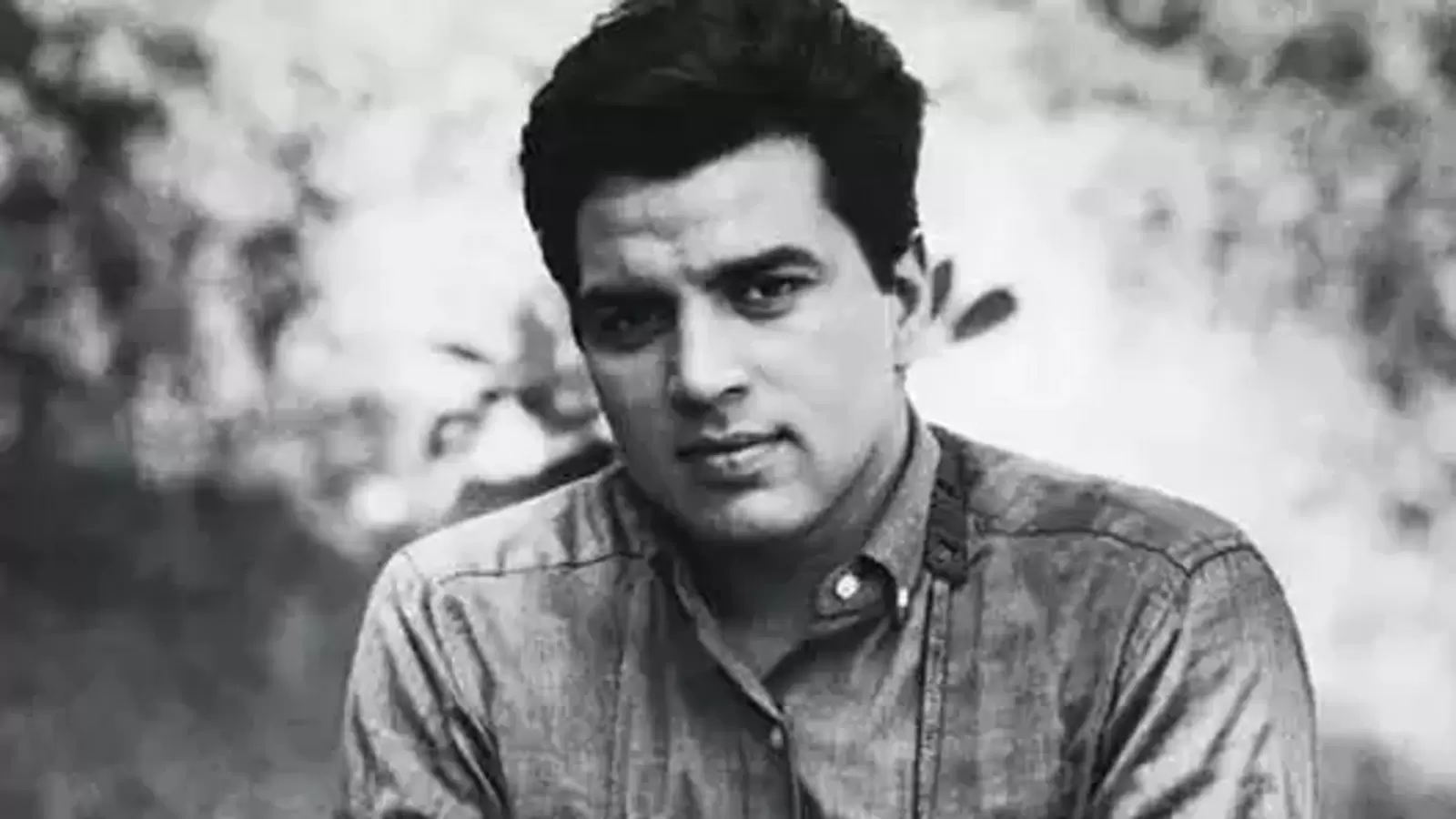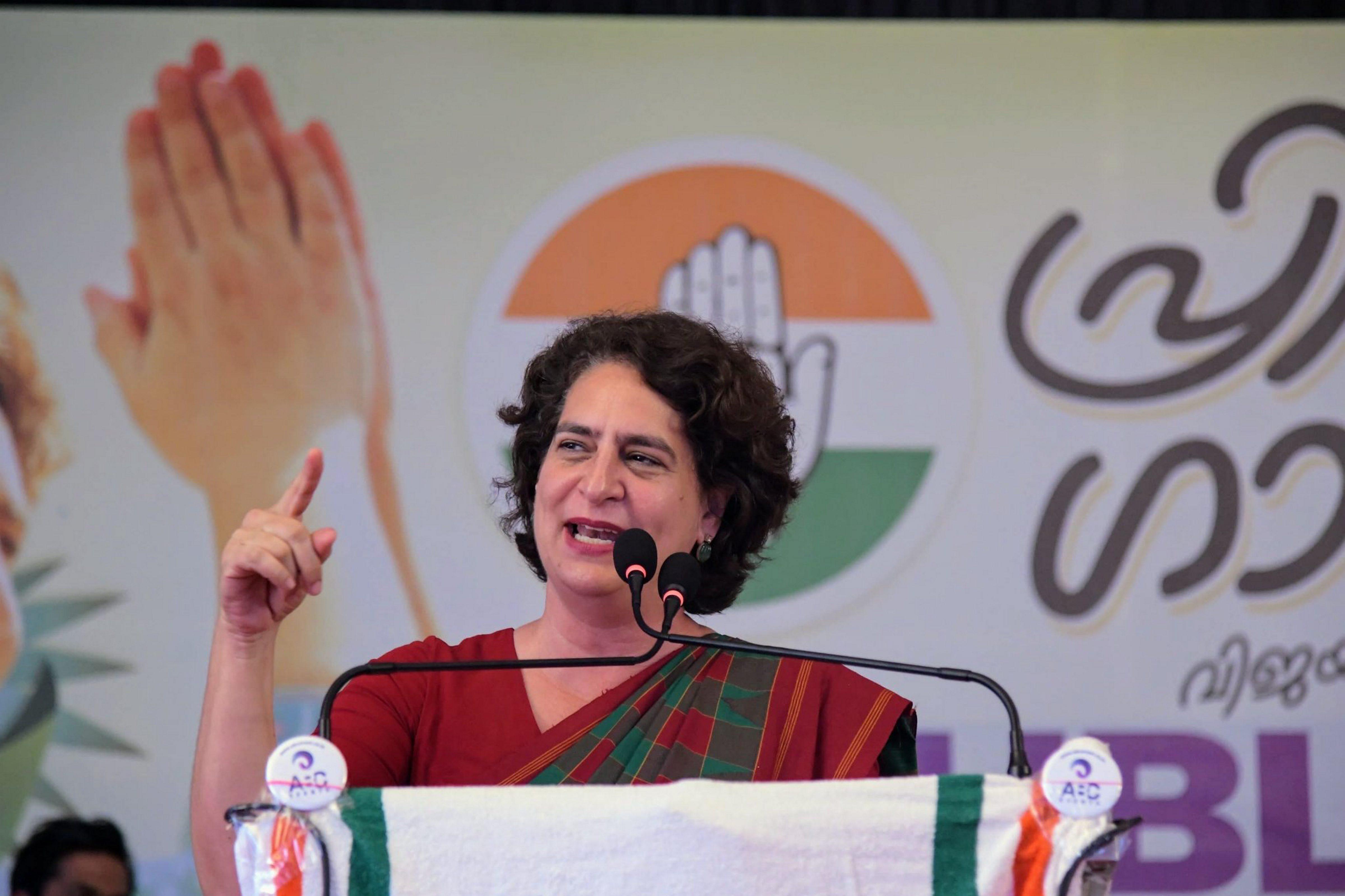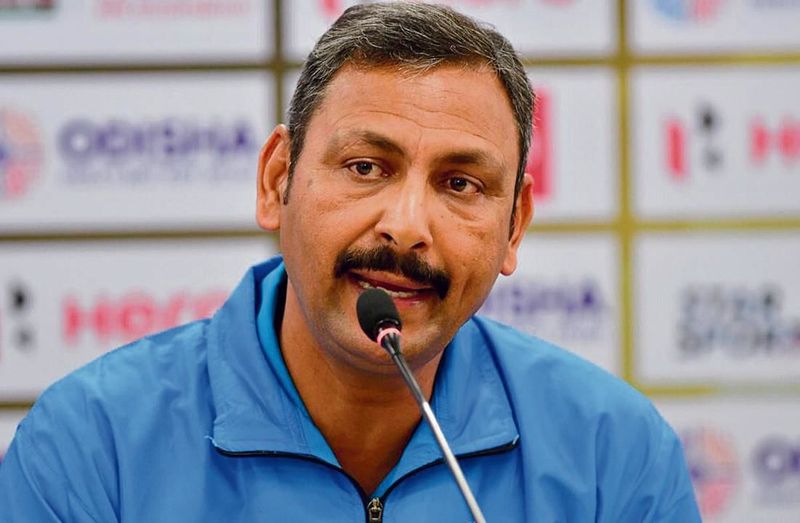Bollywood’s ‘Ghazal King’ Madan Mohan: Fired From B-Grade Film, Consumed by Alcohol, Died at 51
- byAman Prajapat
- 24 September, 2025

Madan Mohan (born June 25, 1924), one of Hindi cinema’s most poetic and exquisite music directors—often called the “Ghazal King”—lived a life full of melody and hidden melancholy. His creations remain timeless; yet the latter chapters of his life were marked by neglect, professional rejection, emotional wounds, and an eventual decline that many believe could have been avoided.
From early on, Madan Mohan showed promise. Born in Baghdad (while his father was posted there), he grew up in environments that exposed him to music and culture. He sang for All India Radio in Lucknow, served a stint in the Army, and gradually moved into film music in Bombay. His collaborations with great voices like Lata Mangeshkar, Mohammed Rafi, Talat Mahmood turned into classics—and his work in films like Anpadh (1962), Manmauji (1962), Aap Ki Parchhaiyan (1964), Ghazal (1964), and Haqeeqat (1964) earned him both critical praise and a devoted following.
But as the 1960s turned into the 1970s, Bollywood’s musical tastes shifted. The industry began favouring grander, more commercial sounds, louder scores, and blockbuster spectacles. Madan Mohan’s strength lay in subtle melodies, slower songs, ghazals with depth and melancholy—traits less in demand in that changing landscape.
One especially painful episode in his final years: he was signed for a B-grade comedy film by a small producer named Mohan Choti. But when distributors heard his composition, they claimed it was “too slow” and didn’t suit the comedy genre. That led them to remove him from the project. According to his son and sources, that removal was a major emotional blow, deepening his sense of being sidelined.
He also found it increasingly harder to book studio time. The big recording studios—Tardeo Studios, Film Center, Mehboob Studios—became harder to access because rising younger composers and commercial projects filled their slots. Delays piled up, opportunities lessened, and the contrast to his earlier prolific output stung.
Emotionally, this neglect fueled bitterness. He longed for mass recognition in terms of box office hits and big banners; much of his work was praised but often not commercially successful. His songs endured beyond their films, but the films themselves often faded quickly.
In his personal life, alcohol became a solace. Reports from his sons describe his taste for fine Scotch whiskey, his enjoyment of evening drinks, his dependence growing over time. What may have begun as occasional drinking turned into something more serious—especially as disappointment and health problems accumulated.

Health issues worsened. Liver problems (cirrhosis) afflicted him. Though he tried to maintain dignity, the disease advanced. At just 51, he passed away in 1975 (or thereabouts, sources vary) from complications due to liver cirrhosis. His death marked the premature end of a musical genius that many feel was never fully valued in his lifetime.
Yet, in the decades since, Madan Mohan’s legacy has grown. His songs are still beloved. Some of his unreleased tracks were later revived in films like Veer-Zaara (2004) through his son Sanjeev’s efforts. His compositions are remixed or reinterpreted for new audiences, breathing fresh life into works that might have otherwise been relegated to memory.
Note: Content and images are for informational use only. For any concerns, contact us at info@rajasthaninews.com.
सनी देओल की 'जाट' ने...
Related Post
Hot Categories
Recent News
Daily Newsletter
Get all the top stories from Blogs to keep track.











